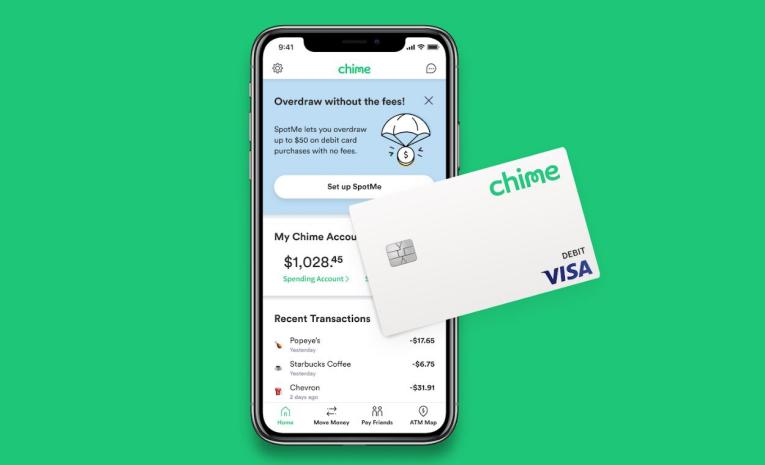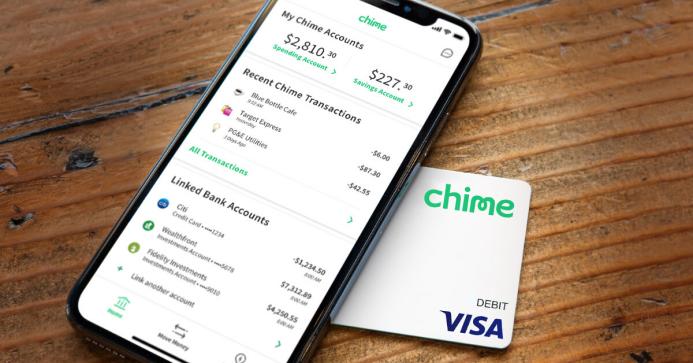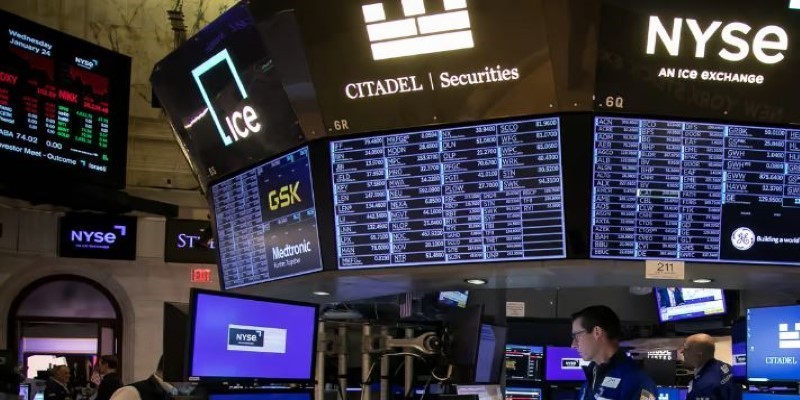What Does Chime Do?
Oct 24, 2023 By Susan Kelly
Chime was founded in 2013 by Chris Britt (CEO) and Ryan King (CTO); Chime is a fintech business with no physical location offering the banking service through its affiliates, Bancorp Bank and Stride Bank. Due to its absence of brick-and-mortar locations within its business model, the business saves huge operating expenses.
When it first launched, Chime was only an application connected to the user's bank account; however, the company now provides its customers with standalone financial services. Customers can still enjoy all advantages of the original Chime offering, which includes free ATM payments and withdrawals. Customers get real-time updates on account balances and details on spending transactions that are processed by their bank accounts.
What Exactly Is The Chime Function?
The app for Neobanking is focused on the market of millennials. Chime offers its customers an array of financial services and products, and, as a digital bank, customers can communicate completely through an online interface. Chime customers conduct all communications and transactions through the application on their mobile devices. The Chime app provides various financial tools that can help you with budgeting and other financial problems in daily life. Accounts can be established in a matter of minutes. They require video authentication to verify your identity before making an account. Chime customers get a special bank account linked to a Visa debit card that can be used to charge.
Chime's Industry
Being officially recognized as an institution is difficult because of U.S. financial regulations. As with many similar applications, Chime is not technically an institution. Instead, the services Chime provides its users are provided by two small banks, The Bancorp Bank and Stride Bank The Stride Bank, neither of which is listed on the stock exchanges.

The type of fintech startup that provides only online bank services is known as a "neo-bank" or a "neo-bank" (or "challenger banks." This new type of company is rivaling banks regulated in key banking areas for consumers. It is estimated that the average U.S. customer today pays $329 annually in banking charges, according to Chime and the principal goal of neobanks is to offer a different source of savings and checking accounts that charge minimal or no charges for customers.
This is similar to the trend to cut prices across the financial services sector as brokers reduce trading fees, and ETFs have lower fees for managing money. Chime is among the most prominent new names in the industry; however, it faces competition both in the U.S. and globally. The biggest of them is the German Neo-bank N26 which billionaire Peter Thiel owns and Brazil-based Nubank.
Financials and Fundraising
In Feb. 2020, Chime was home to 8 million customers, an increase from 6.5 million just a couple of months earlier in December 2019. It is important to remember that since most customers have savings and checking accounts and some accounts could be inactive, the number of customers is less. As per Crunchbase, Chime has raised 1.5 billion dollars in eight fundraising rounds, the most recent of which occurred on the 18th of September in 2020. Chime was valued at $14.5 billion in the most recent fundraising round.
How Does Chime Earn Money?
Chime earns profits by charging its customer's interchange fees for transactions they conduct through its Visa Payments platform. Chime also earns revenue through ATM fees and interest made on the cash.
Fees for exchange
Chimes' largest source of revenue comes from its interchange fee system. It is a way to account for the charges that its partners pay Chime to process transactions via Chimes' network. Each when a Chime customer takes out a Visa card, the merchant is responsible for a processing charge to Chime.
Merchants pay about 1.5 percent to Visa, which is 1.5%. Chime receives a share of this, which is significantly lower than processing charges charged by the official credit card companies such as Amex. With millions of users making about 40 transactions per month, that amounts to a substantial amount of money for Chime.
Chime utilizes its merchant fee to help consumers save money by removing fees for accounts, ATM charges, and other costs typically associated with the traditional banking model. Chime began with just 1 million customers in the year 2018. In 2019, the Chime company had passed the threshold of eight million users and continued to expand rapidly.

Cash interest
Chime users can also save money and investment products via the application. The automated savings feature puts users' funds in an account with a high yield. Chime loans these funds to other banks and financial institutions temporarily. As a result of this loan, Chime earns interest from the funds at an interbank rate much higher than the 0.5 percent APY on the cash balances that customers receive on their accounts.

Securing Valuables: The 8 Best Jewelry Insurance Companies in the Market

Best Retirement Communities for Active Adults

Understanding Mortgage Lending

How to Evaluate a Stock Using the P/E Ratio and the PEG

A Guide to Reading Checks

Analyzing the Best and Worst States for Retirement Living

IOSCO’s global stablecoin program

Meta's Earnings Miss Hits Tech Sector Hard: A Market Overview

Delta SkyMiles Gold AmEx

